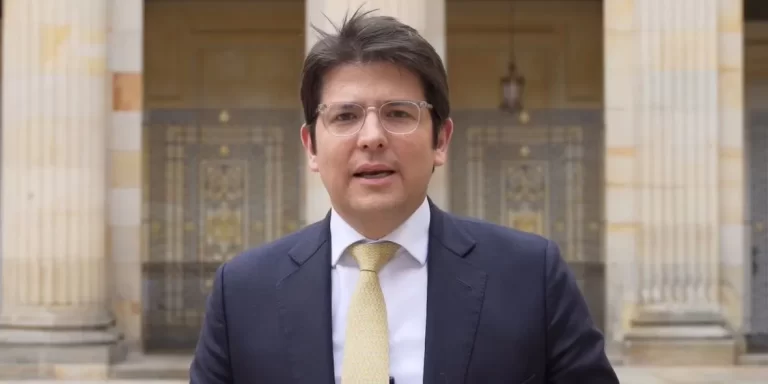[ad_1]
HOUSTON (Reuters) – Texas on Monday edged toward recovery from the devastation of Hurricane Harvey as shipping channels, oil pipelines and refineries restarted some operations and authorities lifted an evacuation order for the area around a once-burning chemical plant.
Port operations across the U.S. Gulf Coast oil and gas hub were resuming, although many still had restrictions on vessel draft, according to U.S. Coast Guard updates.
U.S. gasoline prices fell in expectation that the area can get back on its feet after Harvey wrought a path of destruction stretching for more than 300 miles (480 km), killing an estimated 50 people and displacing more than 1 million. Benchmark U.S. gasoline futures fell by more than 3 percent on Monday.
The Coast Guard allowed some barge traffic to enter Port Arthur, Texas, home of the country’s largest oil refinery, and is considering allowing ships to enter on Tuesday, a spokesman said.
Flooding from Harvey caused fires at the Arkema SA chemical plant in Crosby, some 25 miles (40 km) northeast of Houston.
But on Monday, the company said the Crosby Fire Department had lifted a 1.5-mile (2.4-km) evacuation zone around the plant, allowing people to return to their homes.
The lifting of the order may help residents like Paul Mincey, a 31-year-old tugboat engineer who has been kept out of the ranch home he shares with his girlfriend, return to normal.
“It could be full of snakes for all we know. We have no idea what’s in there,” Mincey said from aboard a tugboat in the Houston Ship Channel, which he said was polluted by floating railroad ties, trees and trash strewn by the storm.
Like others forced from the evacuation zone, Mincey said he was eager to assess water damage and begin repairs while hoping for financial aid to deal with property damage.
(To view a graphic on Harvey’s energy impact, click tmsnrt.rs/2xzso1S)
ANOTHER HURRICANE BREWING
As the recovery from Harvey picked up speed, Puerto Rico Governor Ricardo Rossello declared a state of emergency and activated the National Guard in preparation for the arrival of Irma, a dangerous Category 4 hurricane.
Irma is set to hit the U.S. territory on Wednesday, the U.S. National Hurricane Center said.
Current models do not show Irma entering the Gulf of Mexico, where Harvey dealt a major blow to the most important energy hub in the United States, taking up to one-fourth of the country’s oil refining capacity offline and driving up fuel prices.
Colonial Pipeline, the largest American fuel system, said on Monday it would restart a segment of its pipeline in Texas that had been cut off, enabling it to restore the flow of distillates such as diesel fuel from Texas to New Jersey.
The gasoline pipeline was due to resume operations on Tuesday, the company said.
Most ports in Texas were open on Monday, some with restrictions on traffic and vessel size, said Colonel Lars Zetterstrom, head of the Army Corps of Engineers’ regional office in Galveston.
(To view a graphic on storms in the North Atlantic, click tmsnrt.rs/2gcckz5)
HOW TO PAY?
The question of how to pay for hurricane recovery was consuming Washington after Texas Governor Greg Abbott on Sunday increased his damage estimate to between $150 billion and $180 billion.
Some 190,000 homes were damaged and another 13,500 destroyed, the Texas Department of Public Safety said on Monday.
At least 33,000 people sought refuge in Texas shelters overnight, with another 1,300 doing so in Louisiana, the American Red Cross said.
Republicans and Democrats returning to Washington after a month-long break will need to put differences aside in order to approve an aid package. U.S. Treasury Secretary Steven Mnuchin on Sunday challenged Congress to raise the government’s debt limit in order to free up relief spending.
The U.S. House of Representatives will vote Wednesday on $7.85 billion in emergency relief funds for the Federal Emergency Management Agency (FEMA) and the Small Business Administration and plans another vote later this month on a separate $6.7 billion sought by President Donald Trump.
In one indication of funding needs, the Texas Department of Public Safety on Monday estimated damage to public property at $382.3 million.
(To view a graphic on Hurricane costs, click tmsnrt.rs/2vGkbHS)
Additional reporting by Barbara Goldberg in New York, Gary McWilliams in Houston and David Shepardson in Washington; Writing by Alistair Bell; Editing by Paul Simao and James Dalgleish
[ad_2]
Source link






Leave a Reply